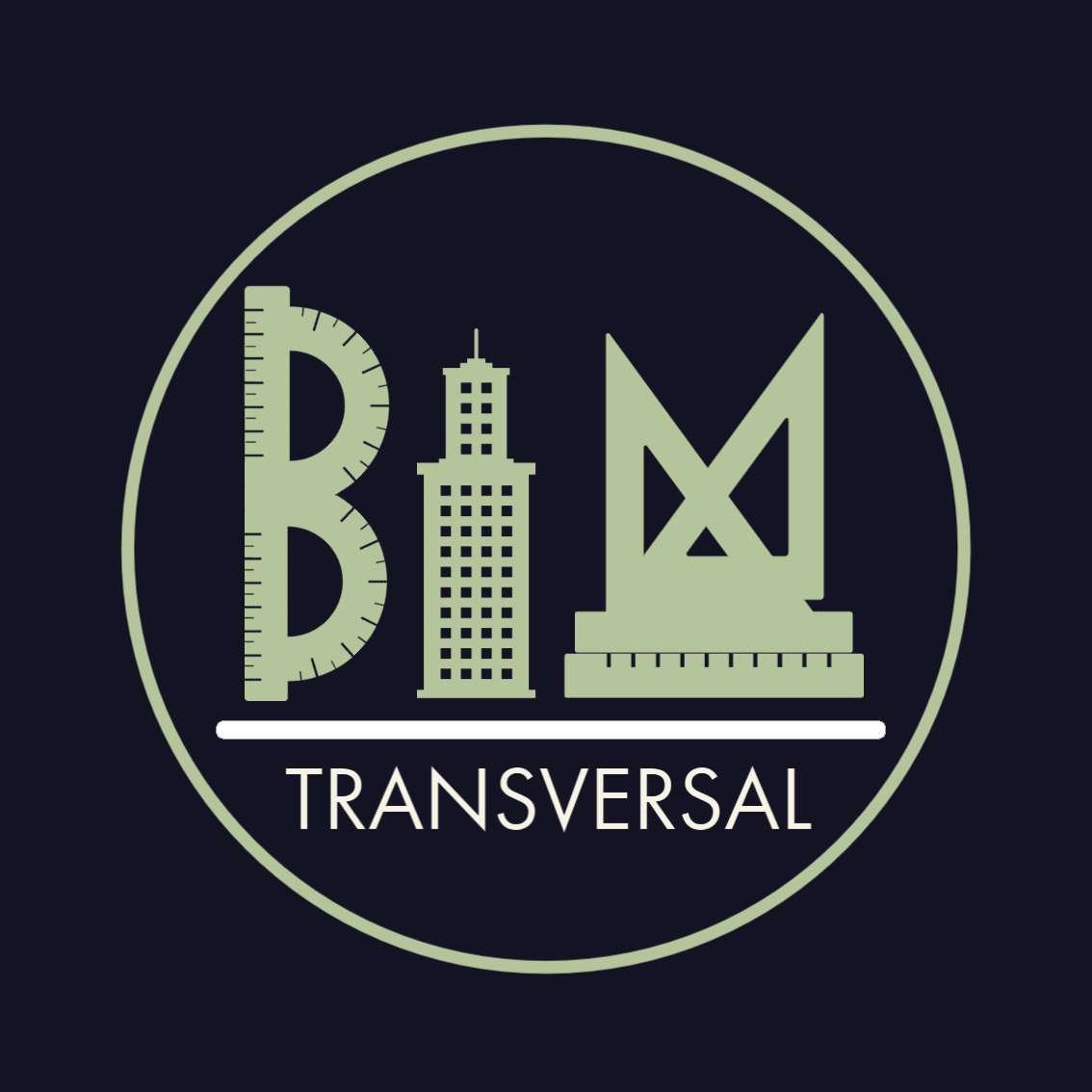The BIM4Ed project has achieved the following three Intellectual Outputs (IOs):
IO1: A Research Study on BIM Knowledge within the Higher Education System
BIM is the foremost expression of what new technologies can give us. Therefore, how we can include BIM training in a transversal way within the teaching of academic disciplines in Higher Education? Is it being introduced into university education? Are University professors and department directors aware of BIM and how it should/could be included within university curricula? How can HE students graduate with BIM training?
A final report on the state of BIM awareness and inclusion in HE institutions will be written after surveys are carried out.
IO2: Design and Coordination Strategies to Include BIM in University Curricula
Taking advantage of the fact that our consortium includes 3 HE/FE institutions and two entities specialised in BIM training, the work will be coordinated based on the results obtained from IO1 to develop a plan where BIM can be assimilated into the consortium partners’ training programmes.
The universities will focus on introducing BIM modules and courses within the following three levels:
- Undergraduate training
- Postgraduate training at Masteral level
- Postgraduate training at Doctoral level
IO3: Design of Transversal BIM Courses for Universities
The consortium will engage both professors and BIM experts to prepare a BIM subject of a transversal nature (which will initially be extracurricular) and which will serve as an introduction to BIM for students. The idea is that this subject will meet the knowledge objectives that, in the 1990s, were (and still are) pursued by the transversal subjects that European universities developed on computer skills (from basic levels to highly-specific qualifications).
The subject must initially be taught in a face-to-face, blended or e-learning manner. Participants will be assessed through a one-off test, the results and their content being what each partner university will be able to teach and include in its own academic programme and whose development methodology can be shared with European academic entities.
Disclaimer: The European Commission’s support for the project does not constitute an endorsement of its outcomes, which reflect the views only of the project partners, and the Commission cannot be held responsible for any use which may be made of the information contained therein.
You can see all outputs by clicking on the button above. This will take you to our Open-Resource website where you can self-register and access all the resources created for this project. This website will remain free to access for the foreseeable future.

